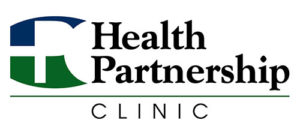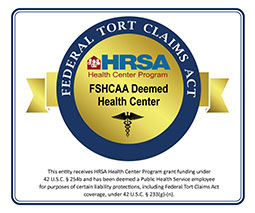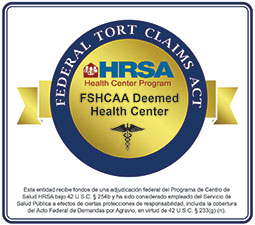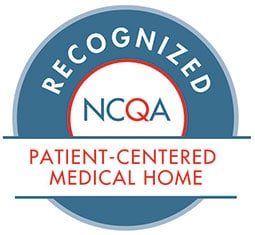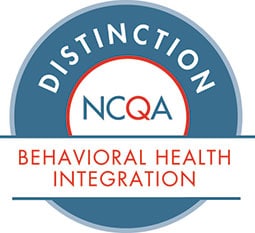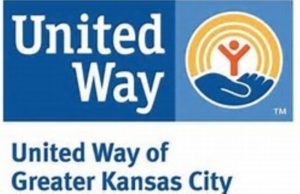Take Control of Your Health – Medication Adherence
By Araceli Coria RN, BSN, Clinic Nurse at Health Partnership Clinic
What is medication adherence and why is it important?
 The Federal Drug Administration defines medication adherence as “the extent to which patients take medication as prescribed by their health care provider.” Per the Centers for Disease Control and Prevention (CDC) approximately 20 percent of new medications are not filled and of those 80 percent that are, only half are taken as prescribed. Medication adherence is important for providers to be able to make the best-informed decisions in your plan of care.
The Federal Drug Administration defines medication adherence as “the extent to which patients take medication as prescribed by their health care provider.” Per the Centers for Disease Control and Prevention (CDC) approximately 20 percent of new medications are not filled and of those 80 percent that are, only half are taken as prescribed. Medication adherence is important for providers to be able to make the best-informed decisions in your plan of care.
In our chronic disease nurse visits at Health Partnership Clinic (HPC), I have had the opportunity to witness patients take charge of their health while making leaps of improvement in their blood pressure and blood glucose control. We can attribute this improvement to their dedication in adhering to medication recommendations, checking their blood pressure and/or their blood glucose routinely and following up with their providers. This allows them to witness the improvement in their readings from home in real time and with provider feedback. Studies have shown providing tools for patients to monitor themselves at home provides a sense of control of their health and leads to improved adherence and better patient outcomes.
So, what does this have to do with medication adherence?
Medication adherence can be intentional or unintentional and while patients may not choose to be non-adherent the consequences of not taking important medications are still the same. Your health is important to HPC, and we can work as a team to help you overcome those obstacles keeping you from taking control of your health.
What is keeping you from taking your medications as prescribed?
 Is it cost? Not knowing what to take or when? Are you afraid of side effects? Bring these questions and concerns regarding medications to your nurse or provider. Remember, you are the most important member of your healthcare team.
Is it cost? Not knowing what to take or when? Are you afraid of side effects? Bring these questions and concerns regarding medications to your nurse or provider. Remember, you are the most important member of your healthcare team.
Your provider, nurse and medical assistant have a responsibility to help you understand what your plan of care is, what your instructions are and vital information you need to know. With an established treatment plan, you are likely to have less doctor’s visits, reduced risk of hospitalizations, improved outcomes and overall, less healthcare cost.
What will my provider do to help me?
Use your healthcare provider’s resources and if remembering to take your medications is your final obstacle, here are some tips for remembering to take your scheduled medications.
- Use your smart phone by setting reminders and alarms
- Use weekly pill boxes/organizers
- Place your medication bottles by your bathroom or kitchen sink so you see your medications during your morning routine.
References:
https://www.fda.gov/drugs/fda-drug-info-rounds-video/transcript-medication-adherence
